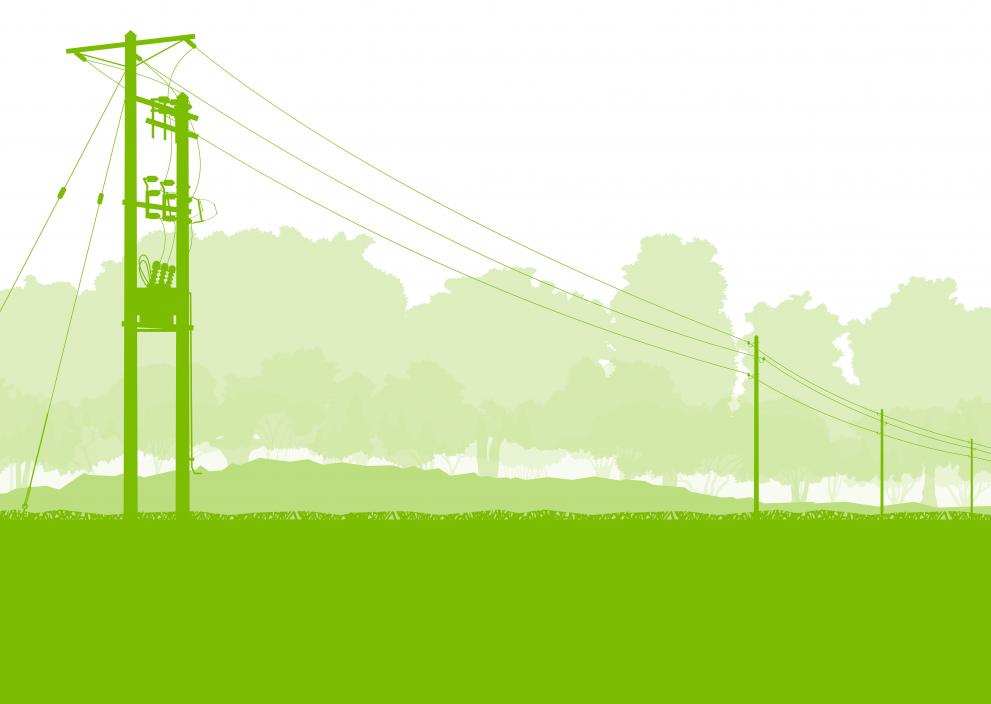
Distribution System Operators (DSOs) have traditionally been companies distributing energy whose role has evolved and diversified along with the transition towards a cleaner electricity system, making them a key instrument to reach the EU commitment to climate neutrality by 2050.
The study recently published by the Joint Research Centre (JRC) presents insights about the big DSOs in Europe (those serving more than 100 000 customers) through different metrics and indexes, based on a survey conducted by the JRC over the summer 2020.
The study includes technical figures that confirm the increasing role of DSOs as innovators and enablers of Smart Grid features, like remote grid management and monitoring, customers interacting with the DSO, etc.
Main policy recommendations to help DSOs being one of the main drivers of the European Green Deal and help the transition towards a CO2-neutral continent. The study recommends the following measures:
- Adopting a common taxonomy of innovative regulation in the distribution grid across Europe, so that policies targeting each type of innovation can be clearly compared;
- Gathering data on DSOs operations at EU level based on commonly defined technical indicators, so to understand better what could be the technical challenges in transitioning towards a cleaner power system;
- Integrating policy targets criteria for DSO in the foreseen Investment Plans for DSOs: e.g. include how each investment will help the DSO achieve the Fit for 55 Targets; a common template for DSOs investment plans should be adopted;
- DSOs are paid by tariffs, therefore each national regulatory regime should consider including remuneration that focuses on DSO-led innovation, like digitalisation, (such as the deployment of smart meter devices, real-time monitoring of renewable production, sensor technology for outage detection & prediction, etc) automated grid management and monitoring, technological solutions to better manage Distributed Energy Resources in the grid;
- Paying more and more attention at policy level at the long-term impacts of the COVID-19 pandemic: it has caused a significant decrease in energy demand in some countries, and this might hinder the ability of DSOs to secure resources to dedicate to innovation where tariffs are linked to demand
Related Content
JRC report: Distribution System Operator Observatory 2020
Details
- Publication date
- 22 February 2021
